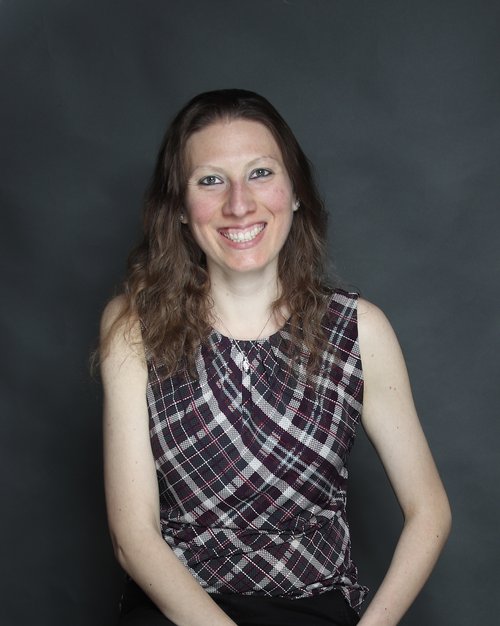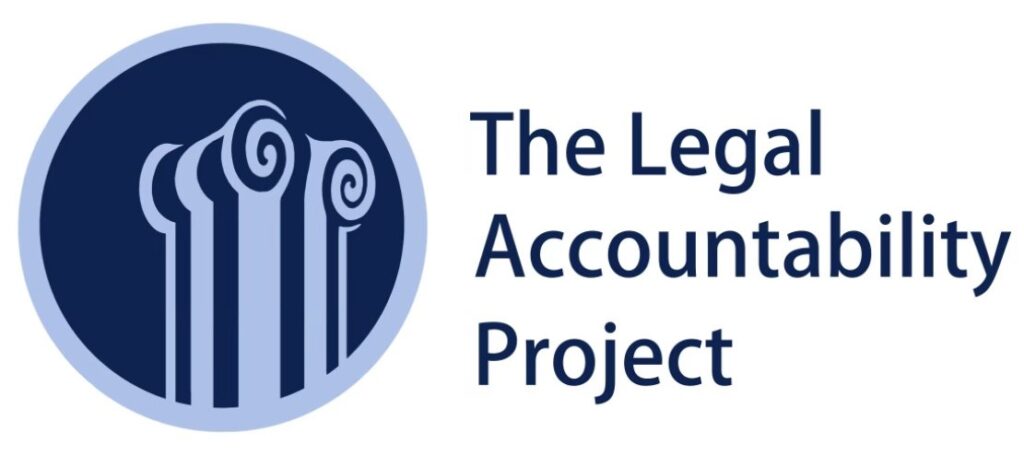
Entrepreneurship is more than an academic area of study; it’s a mindset. Have you ever encountered a problem and thought about a solution (either new or improved)? Have you thought about ways to make something better? If you have, then you’re thinking like an entrepreneur! At the Skandalaris Center we see ideas generated from every corner of campus, from every academic division, and from people with a variety of different skillsets. Check out this founder spotlight on a WashU Law School alum!
During her academic career, Aliza Shatzman (JD ’19) admits that entrepreneurship was not on her radar. However, as the result of her own clerkship experience, she started her entrepreneurial journey when she identified a problem and sought a solution. Shatzman is now the President and Founder of the Legal Accountability Project (LAP), a nonprofit which seeks to ensure that law clerks have a positive clerkship experience, and extends support and resources to those who don’t.
When asked to share more about the problem that she and her nonprofit are trying to solve, Shatzman said, “What we seek to do with the Legal Accountability Project is to democratize information about judges and clerkships, ensuring that law students have as much information about as many judges as possible before they make, what is clearly, a really important career decision.” Information will be available through their database, comprised of post-clerkship survey responses. Surveys will ask a variety of questions aimed at providing comprehensive details for law students to make an informed decision.
Shatzman believes that the best way to ensure positive and beneficial clerkship experiences is to increase transparency during the application process, and the database works to make this information more accessible. It is also helping to diversify the clerkship applicant pool and judicial chambers, in hopes of diversifying the legal profession as a whole. Through our discussion, Shatzman shared more about the lessons she has learned and what the immediate future holds for the Legal Accountability Project.
What are the biggest lessons that you’ve learned as a result of assuming the role of founder?
- The importance of building relationships of trust and mutual respect, with as many people as I can, and really nurturing those and always engaging in good faith.
- I’m also very willing to go anywhere and engage with anyone, even people who I may disagree with. People often tell me that they really appreciate that I’m willing to engage and that I seem prepared for that dialogue. I appreciate that there are allies to be found, even in some of the most unexpected places.
- The ability to pivot – to realize what’s not working and change strategies is something we’ve already done several times as a nonprofit. I definitely overshot the timelines for getting law schools on board, which I know is fine. That’s what happens as a founder. But we’ve had to adjust accordingly, in terms of our messaging, our strategy, and our fundraising.
- I’ve learned a lot about how to message the work we’re doing and engage with multiple distinct groups.
What do the next 3 – 6 months look like for you and the Legal Accountability Project?
- The database is in the final stages of the build, and will be completed and ready for launch in late April or early May. We’re going to be, we hope, getting a lot more law school partners on board, sending out our survey, collecting data, and the compiling the clerkships database. We expect that it will go live for the first class of students using this resource in the fall, assuming enough people fill out our survey that we have that critical mass of reports in there.
As we discussed her experience and vision of being a founder, Shatzman shared, “I would like to be a nonprofit founder doing legal tech. I did not think I wanted to a legal tech founder. I have no tech background. While we are a nonprofit, we have to raise money like a startup. We have to engage with law schools and pitch like a startup. We are doing legal tech like a startup.” While she may not have planned it, Shatzman is an entrepreneur who is working to have a positive impact and solve a problem that has directly affected her. Shatzman concluded with her hope that the Legal Accountability Project and this database will prove helpful to other law students, sharing “I really think of the nonprofit as the resource I wish existed as a WashU law student applying for a clerkship.”


